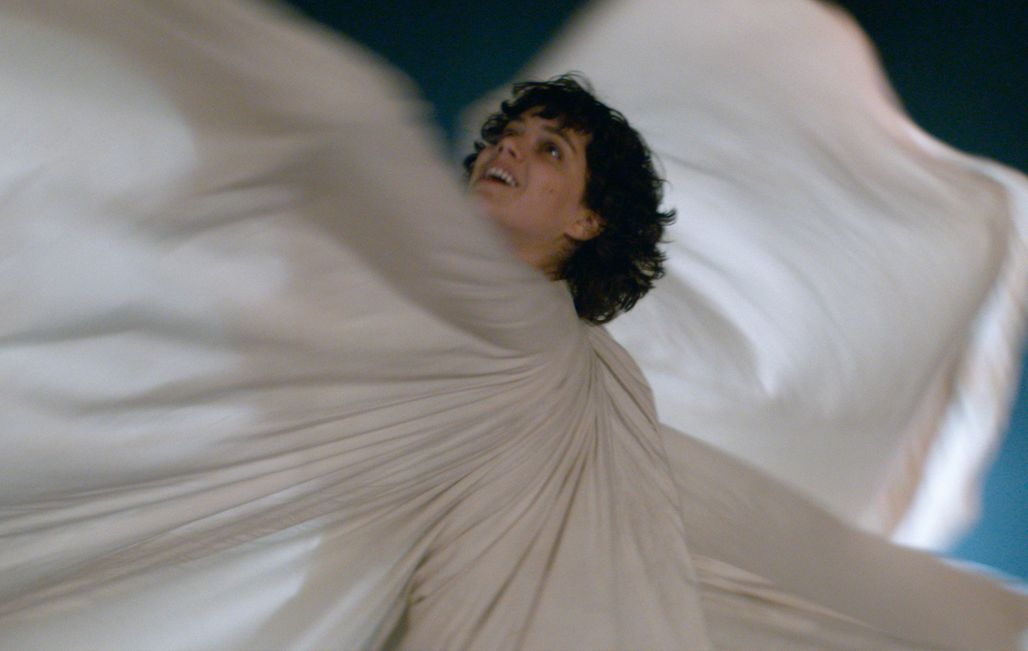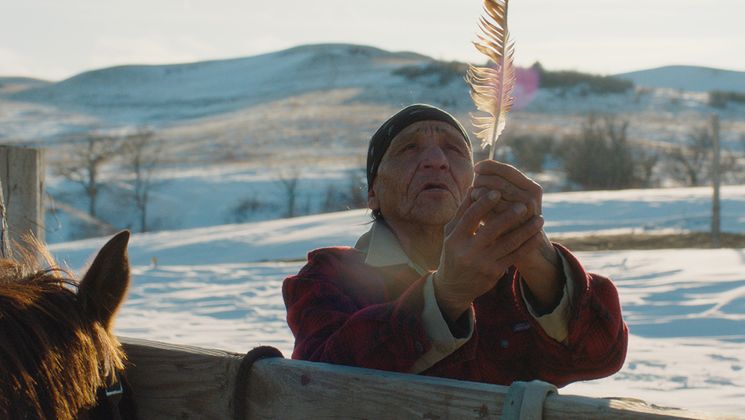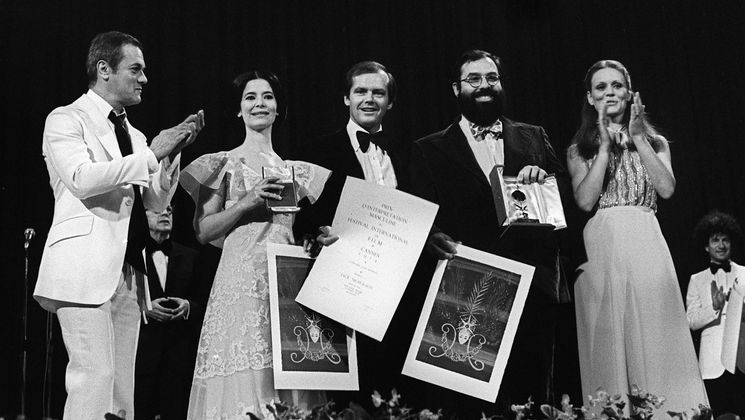
La Danseuse (The Dancer), interview with Stéphanie Di Gusto

The singer-songwriter Soko, along with Gaspard Ulliel, Lily Rose Depp and Mélanie Thierry… a host of stars shine in the first movie by French film-maker Stéphanie Di Gusto. La Danseuse (The Dancer), which is competing for the Caméra d’or, tells the story of Loïe Fuller, the renowned pioneer of modern dance.
Tell us how your film came about…
It all began with a black and white photograph showing a dancer hidden in a swirl of veils apparently levitating above the ground, with a caption beneath the picture: “Loïe Fuller: Icon of the Belle Époque”. I decided to find out more about the woman concealed behind these yards of fabric and what I discovered really took me aback. Loïe Fuller literally revolutionised the art of dance at the end of the 19th century. And yet nobody or almost nobody remembers her. The struggle that this farmers’ daughter from Illinois faced to succeed as a artist gave me the courage to take the plunge and devote 6 years of my life to making my first film.
What was the atmosphere like on the set?
It was a struggle, like all shoots. But most of all it was a really enjoyable, delightful time: the film is finally possible, it’s going to exist. After a really chaotic period of preparation, I almost gave up. When Alain Attal, my producer took the decision to go ahead with the movie in spite of the lack of money, I found it hard to believe that I was actually going to be able to make the film. Nothing could have stopped us then. There was this amazing energy combined with obliviousness which just carried us along. Difficulties and restrictions are part of the creative process. Each bit of bad news gave us a new reason to bounce back.
“The cinema can make everything interesting; it’s the strength of the direction that makes the emotion possible.”
Can you say a few words about your actors?
It was really exciting, for a first film, to work with four such powerful personalities with completely different ways of acting. I could not have wished for a better first experience. I had this strange impression that everybody was working to defend my film whatever it cost, as much as I was. Their involvement touched me so much.
What are your influences?
I take energy from all the arts, the cinema, photography, documentaries, music, literature… Art is a way of escaping; that’s the subject of my film. I think that Maya Deren’s work has been very important for me. She was one of the most influential female film-makers in America in the mid-20th century. And then obviously, it’s not very original, but my life has not been the same since I saw Jane Campion’s An Angel at my Table for the first time. I believe in the power of the image, it’s the subject of my film. The cinema can make everything interesting; it's the strength of the direction that makes the emotion possible.
Can you tell us about your next project?
I’ve got two completely different projects in mind. I still want to make a historical film; the past fascinates me. The world was a lot less reactionary than it is today, people were bolder, and more free. I have the impression we have been moving backwards. The other project is very contemporary. I’d like to take a look around the suburbs, where I was brought up.


